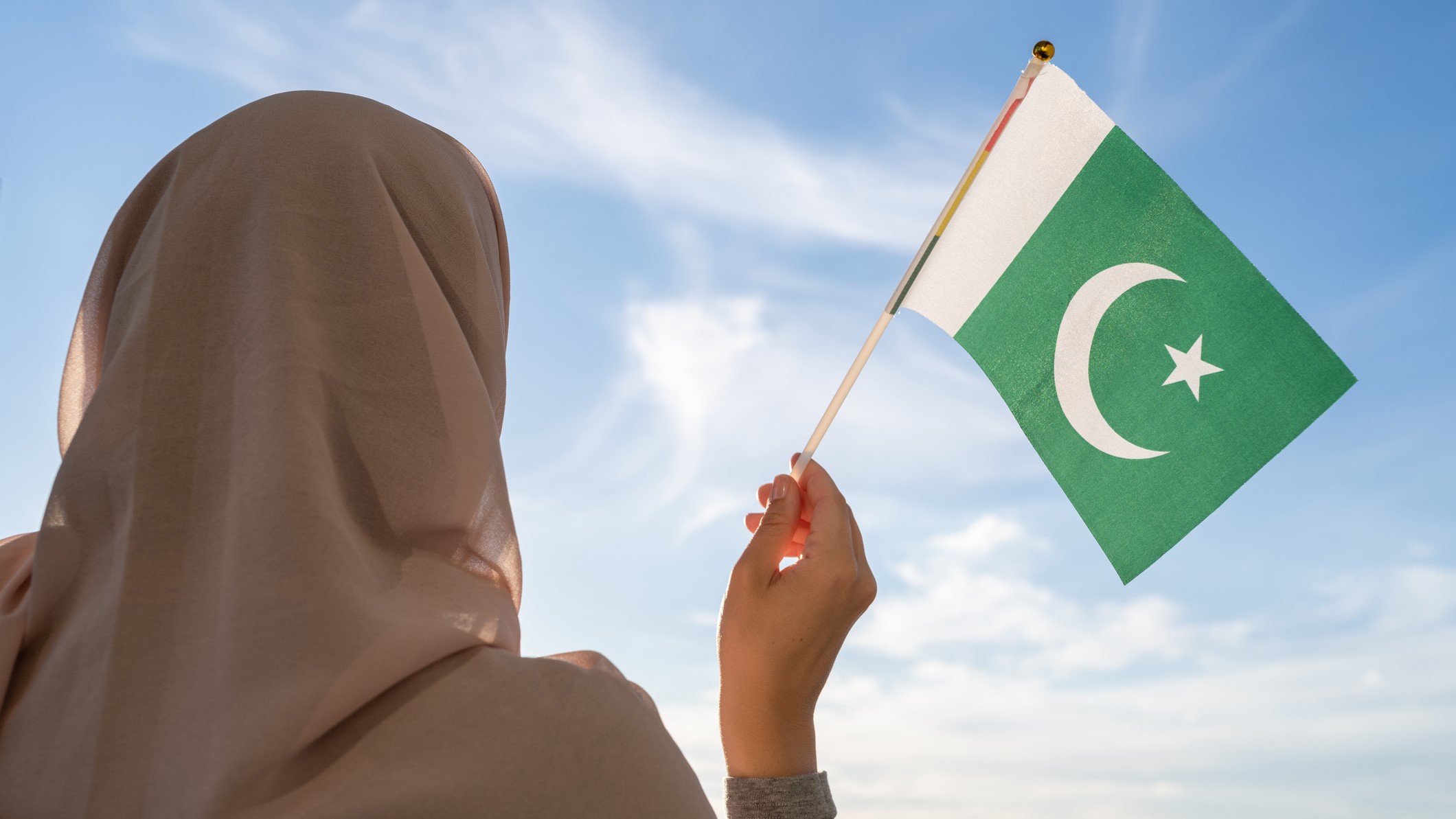
Pakistanis have been battling painfully slow internet connections for almost a month – an incident that strikes a hard blow to the national economy. While the problem is certainly undeniable, it isn't yet clear who's to blame for it.
Experts hold the government responsible for Pakistan's internet downfall, accusing authorities of actively building a China-style firewall.
Government representatives, however, strongly dismissed the allegations. Their official statement instead blames citizens' increased usage of the best VPN apps to bypass online geo-restrictions. Since February, people in Pakistan haven't been able to access X (formerly known as Twitter) without a VPN.
Nonetheless, censorship looks to be the main culprit behind the decline of the country's internet.
A disconnected internet
While the slowdown of online connections is some weeks old – the UK-based internet watchdog, NetBlocks, first reported a "nation-scale disruption to internet connectivity" at 24% of ordinary levels on July 31 – Pakistan's internet has been a long-term target for the government.
Authorities left people in the dark for 694 days between February 2022 and December 2023, as revealed by digital rights advocacy group Access Now's latest report. Eight months in, 2024 looks to be even worse on this front.
The IT world is certain about one thing: Pakistan's internet downfall is on the government.
Social media platforms first went dark ahead of the elections in January during online events organized by jailed former prime minister Imran Khan's party, PTI. Authorities would then restrict the entire internet on the big day a month later. Access to X remains a causality to this day.
The X ban is especially significant as it appears to show the government's new technical capabilities. An investigation carried out by digital rights advocates at the Islamabad-based Bytes for All group found the blockage was implemented through a less common HTTP blocking method, in fact, rather than more popular tactics like DNS filtering, IP blocking, or Deep Packet Inspection (DPI).
Talking to the BBC, the group is recently said to have "ample tech evidence" for the existence of a national firewall. "It seems its purpose is to monitor online traffic... and limit dissemination [of information] in online spaces, particularly curbing political expression," Shahzad Ahmad, director of Bytes for All, told the BBC.
P@SHA sounds the alarm! 🚨 The hastily implemented firewall is a major setback for Pakistan's tech sector. Businesses are struggling to survive amidst crippling internet outages and VPN woes.Read P@SHA's official statement on the National Firewall: https://t.co/aoHrhE6CNm pic.twitter.com/JOwEhzJpYjAugust 16, 2024
In a statement (see the Tweet above), Pakistan's Software Houses Association condemned "the grave consequences of the hastily implemented national firewall."
"The booming IT industry is facing a disaster," the industry group wrote. "The imposition of the firewall has triggered a perfect storm of challenges, with prolonged internet disconnections and erratic VPN performance threatening a complete meltdown of business operations."
The group estimates a financial loss of $300 million – which is likely to increase further. "A mass exodus of IT companies is not just a possibility but an imminent reality if immediate and decisive action is not taken," they added.
The Wireless and Internet Service Providers Association of Pakistan (WISPAP) confirmed the internet's dire situation, in which speeds have plummeted by 30-40%. The group told the Dawn that this was due to "the government’s decision to enhance security and surveillance."
Activists have also filed a petition to the Islamabad High Court, calling for greater transparency and internet access to be recognized as a fundamental right.
VPNs, a crucial tool in Pakistan
The IT world is certain about one thing: Pakistan's internet downfall is on the government. Officials don't agree, though – or they aren't ready to admit it, at least.
In a press conference held on August 18, Pakistan's minister of state for information technology, Shaza Fatima Khawaja, denied the existence of a national firewall. While clarifying that the government didn't block or throttle connectivity intentionally, she instead blamed the increased VPN usage among citizens.
Popular free VPN provider, Proton VPN recorded a staggering 6,000% increase in VPN sign-ups in May 2023 when a social media blockage was enforced during widespread protests over the arrest of former Prime Minister, Imran Khan. The company tracked three further spikes earlier this year.
A VPN, short for virtual private network, is a security software that both encrypts internet connections and spoofs a user's IP address location. The latter skill is exactly why Pakistanis have turned en masse to the software to keep accessing blocked social media platforms or other restricted websites.
This is also the reason why circumvention apps have increasingly become a target for Pakistani authorities. On August 2, the Pakistan Telecommunication Authority (PTA) even announced a new plan to regulate the use of VPNs.
It's worth mentioning that VPN usage is widespread across the world – whether people seek to boost their digital privacy, unlock foreign streaming libraries, or bypass online censorship. This is the first time the use of VPNs has reportedly affected the speeds of an entire nation's internet infrastructure.
Bottom line
Whether Pakistan is building a national firewall like the Great Firewall of China isn't something we can say for certain at the time of writing. What we can determine, though, is that there are many signs that it might be happening.
Let's look at Iran, for example. The Iranian government is open about its plans to build higher fences around its national "sovereign internet." At the same time, the internet in Iran is among the worst worldwide for connectivity – and experts blame the government's censorship boost for this.
Either way – whether it's the debut of a national firewall or a boom in VPN usage – online censorship is tearing apart Pakistan's internet, and the country's economy and citizens' rights are the collateral damage.







